
Is it “A lot”, “Allot” or “Alot”? (Examples, Definitions, Explanation)
To allot is to allocate resources amongst a group or people. A lot is mostly an adverb meaning “to a great deal or extent”, and
Explore the breadths and depths of Grammarflex’s knowledge base, containing resources and comprehensive guides on pretty much everything you could want to know related to English grammar and writing.
Learn all about the main parts of speech, which (in case you forgot) comprises of verbs, nouns, adjectives, pronouns, adverbs, conjunctions, prepositions and interjections. Beyond the fundamentals of English grammar, you’ll find guide on writing mechanics and style, literary devices amd more.


To allot is to allocate resources amongst a group or people. A lot is mostly an adverb meaning “to a great deal or extent”, and
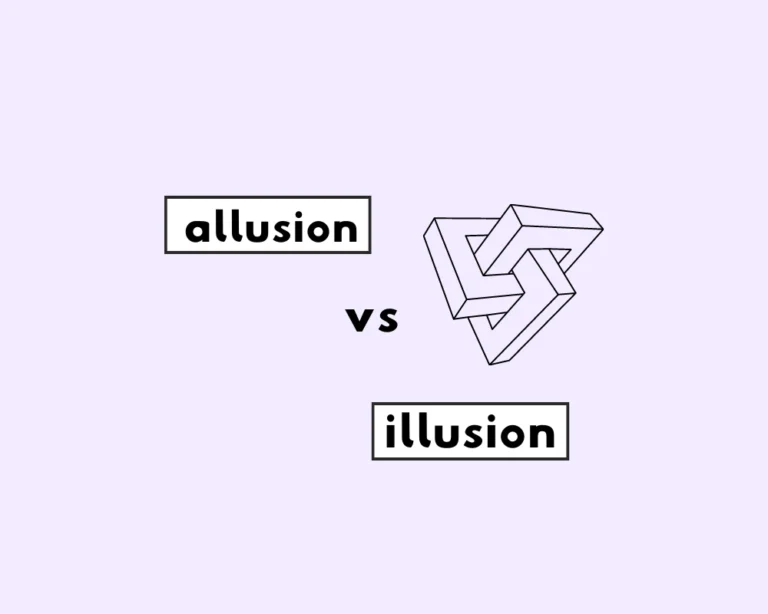
An allusion is an “an implied or indirect reference especially in literature”, whereas illusions are “a misleading image presented to the vision, e.g., an optical

Sweep is present tense, swept is both the past tense and past participle form of the verb sweep.
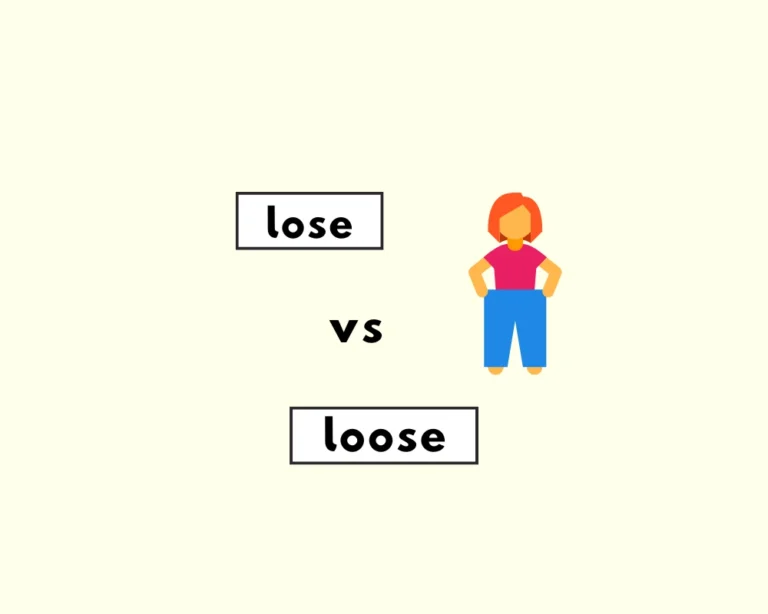
Lose is a verb that means “to be deprived of something, to not win, or to misplace something.” Loose is an adjective meaning “not tight
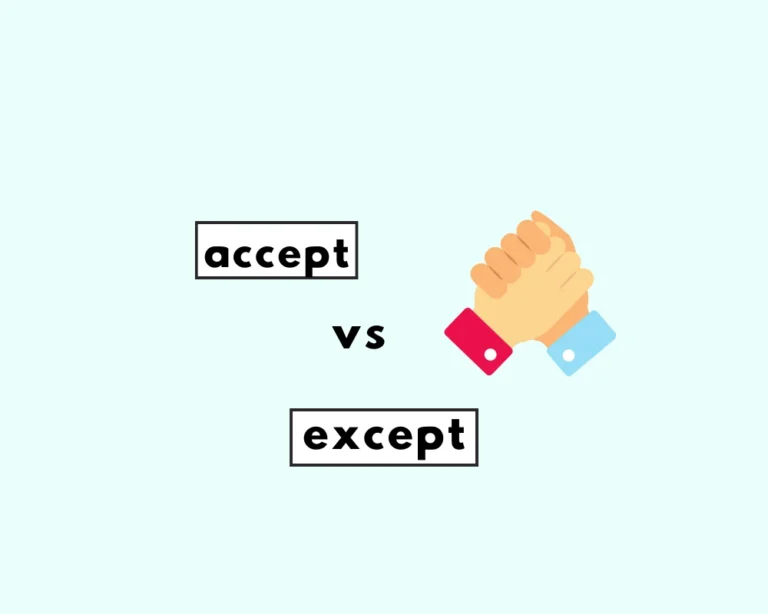
Accept is a verb: to receive,something that is offered or presented. Except is a preposition that means ‘but’ or ‘excluding’.
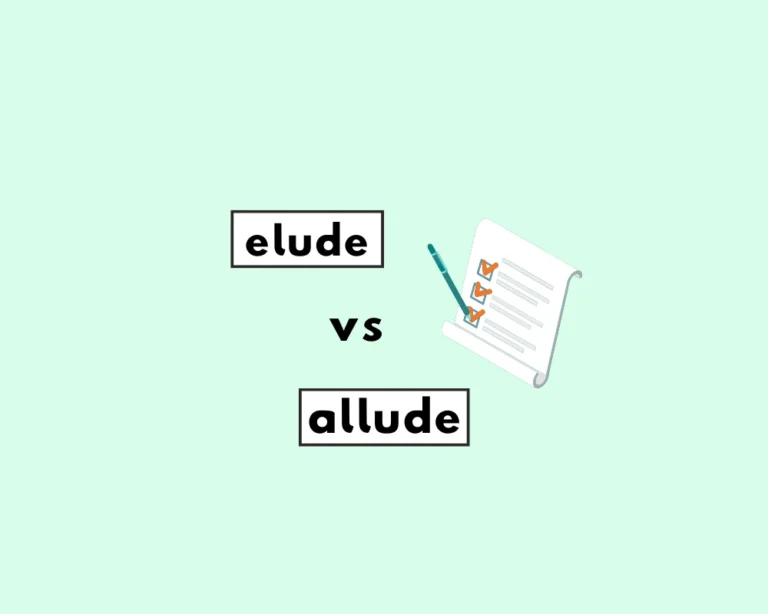
To allude means to hint at something, or to indirectly refer to something. To elude is to avoid or escape, often in a skillful or

All right is technically correct, though alright is extremely common in casual text conversation, and for informal writing.
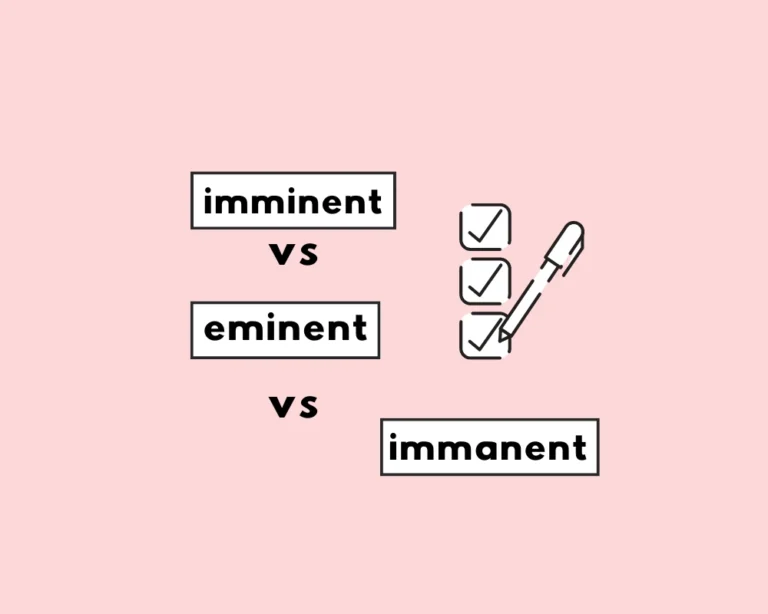
‘Imminent’ describes something that’s impending, ’eminent’ describes something as respectable or notable, and ‘immanent’ refers to a quality that’s inherent or innate.

The active voice shows the subject as ‘in action’, and doing something. The passive voice shows the action as being received by or done to